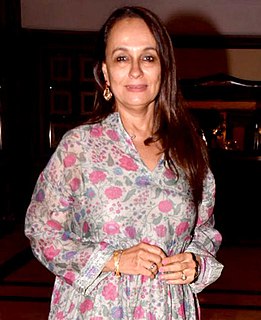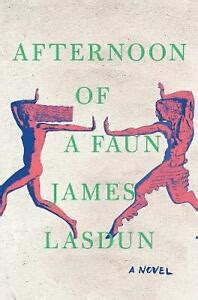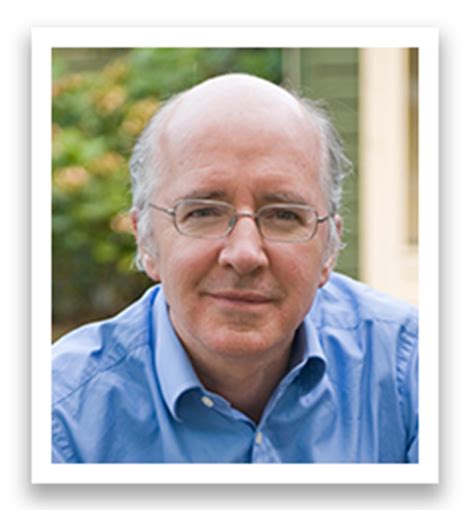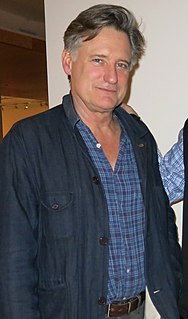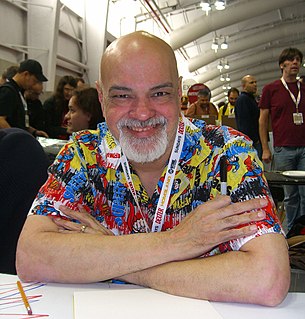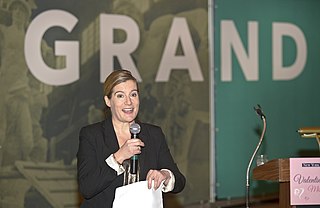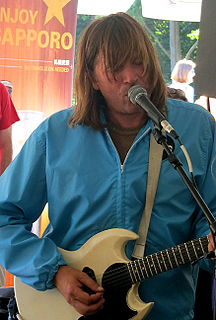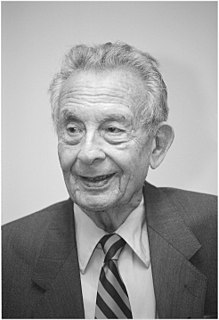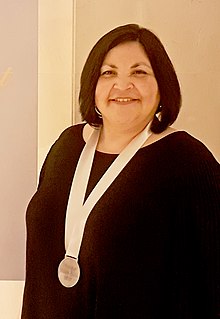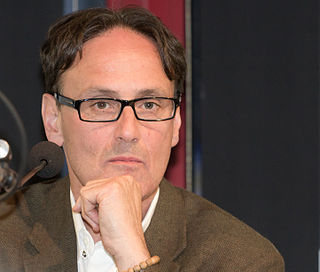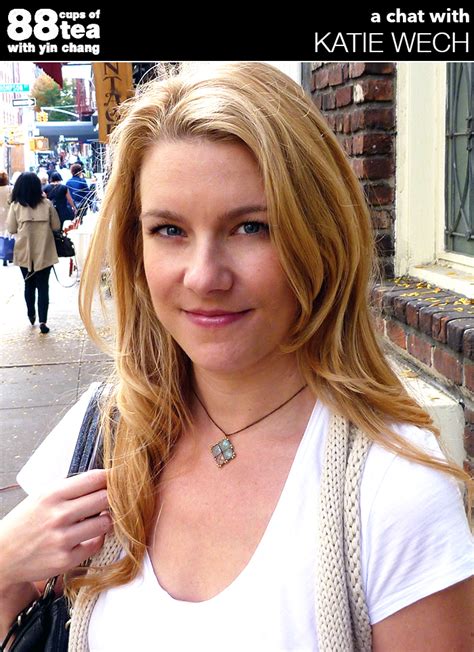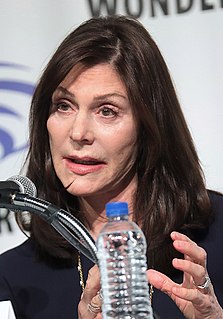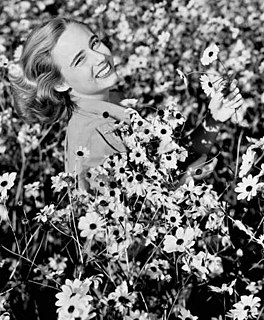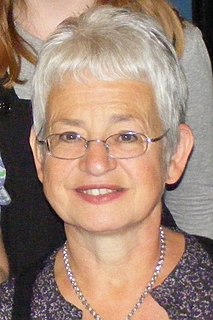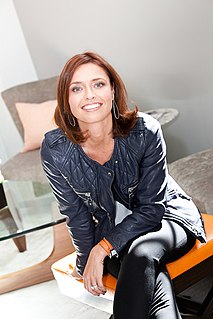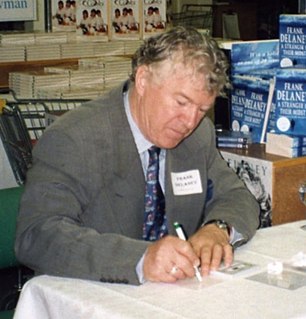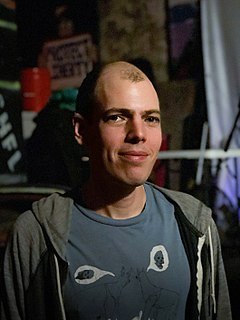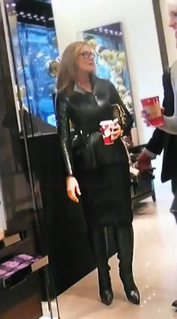Top 1200 Fictional Stories Quotes & Sayings - Page 13
Explore popular Fictional Stories quotes.
Last updated on December 2, 2024.
I love telling stories. I think of myself as a storyteller, and I don't feel bound by being just a singer or an actress. First, I'm a storyteller, and history is stories - the most compelling stories. There is a lot you can find out about yourself through knowing about history. I have always been attracted to things that are old. I have just always found such things interesting and compelling.
If I like hardcore straight-edge punk music, gentle psychedelic folk music, gangster rap, indie-rock with a lot of guitar pedals, and I find inspiration from all these things in different songs of mine, shouldn't I be allowed to make any of this kind of music that I want? And it's the same for the comic books, why should I only make autobiographical stories? Or only political stories? Or only superhero stories? Or only comedy stories? I am a bit creatively desperate, when I sit with a pen and paper I am desperate for ANY idea that makes me excited, I don't care what kind of idea it is!


